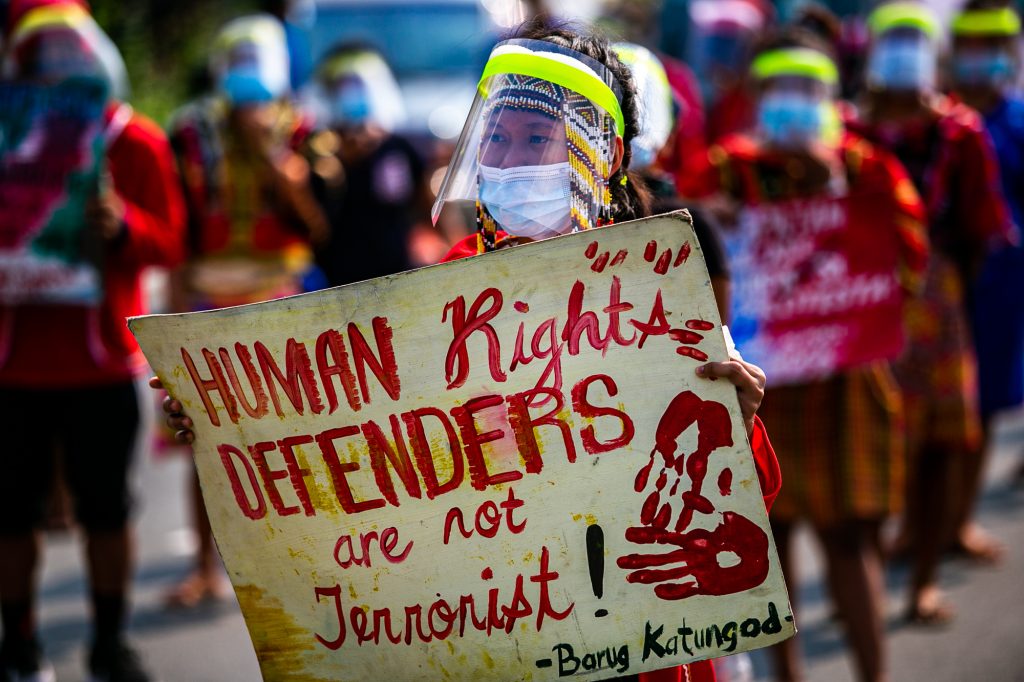
Church and and human rights groups held a “Global Day of Action” against alleged political killings in the Philippines.
In an online meeting on September 8, the groups voiced alarm over what they described as the “deteriorating human rights situation in the country.”
The activity was organized by the California-Pacific Conference of the United Methodist Church (UMC) and several human rights groups in the United States, Canada, and the Philippines.
Rev. David Farley, director of the Methodist’s Justice and Compassion Ministries, said the international community “cannot be silent in the face of terrible crimes.”
The Protestant pastor expressed “grief and outrage” over recent cases of political killings in the Philippines.
Farley urged the US government to suspend its military aid to the Philippines until such time that the rights abuses stop “and the responsible state forces are held accountable.”
He said the Methodist Church at the global level will not stop in calling for justice “as long as these extrajudicial killings continue with impunity” in the Philippines.
During the online forum, the groups decried what they described as the spate of killings of activists and human rights workers since President Rodrigo Duterte came to power in 2016.
Rights group Karapatan said that from July 2016 to August 31, 2020, a total of 328 social activists and human rights workers have been killed in the country.
Last month, Zara Alvarez, a church and human rights worker, was killed in Negros Island a few days after peace activist Randall Echanis was murdered in the national capital.
Martha Roberts of Canada’s Alliance for People’s Health called for global solidarity for the poor communities affected by the Philippine government’s “war on dissent.”
She said international solidarity “must advance” until justice for the victims of the killings is served and the root cause of poverty in the country is addressed.
Roberts, together with her husband and three children, first came to the country in 2008 to volunteer in a medical mission in farming communities in Negros Island.
“Almost all the health issues that community health workers must deal with on the island stem from landlessness, brutally low wages, lack of food, and stress from managing a cruel and impossible situation,” she said.
Since 2017, more than 100 people, including farmers, lawyers, local government officials, and church workers have been killed in Negros.
Clarizza Singson of Karapatan in Negros said even before the passage of the new anti-terrorism law was passed in July, “Negros has become the lab-rat of the counter-insurgency program of the government.”
On November 22, 2018, Duterte signed Memorandum No. 32 ordering state forces to “undertake all necessary measures to suppress and prevent all forms of lawless violence” in Negros.
A month later, the president issued an executive order creating a national task force to end “local communist armed conflict.”
Source: Licas Philippines
0 Comments